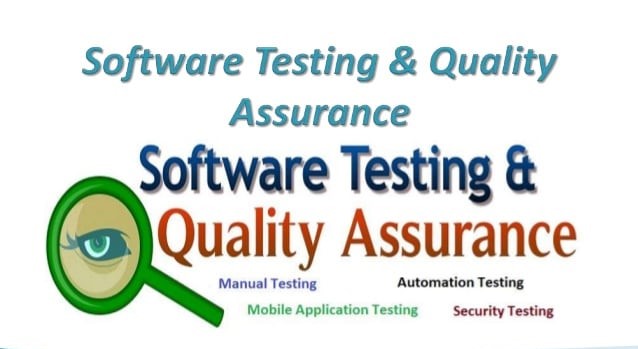
Software testing is a systematic activity which identifies defects in the software and helps in correcting and preventing them before the software is released to the end user.The need for quality and trained resources has become a critical issue in the IT industry. Training focuses on all aspects of testing, process, methodologies, best practices, and focused at improving testing capabilities of participants. Training is aimed at ‘learning by doing’ and equip participants to go back and implement what they learn on-the-job.
Selenium is a set of different software tools each with a different approach to supporting test automation. Most Selenium QA Engineers focus on the one or two tools that most meet the needs of their project, however learning all the tools will give you many different options for approaching different test automation problems. The entire suite of tools results in a rich set of testing functions specifically geared to the needs of testing of web applications of all types. These operations are highly flexible, allowing many options for locating UI elements and comparing expected test results against actual application behavior. One of Selenium’s key features is the support for executing one’s tests on multiple browser platforms.
Dates: 13 – 17 Dec 2021 ( 3 Hours per day )
After registration participant can access ESCI LMS platform for digital learning
Online session timings will be from 13:30 – 16:30 hrs with 15 Minutes Tea breaks.